
Introduction
In today’s fast-paced world, achieving quality sleep can feel like an uphill battle. From insomnia to restless nights, sleep disturbances have become a common concern. Enter binaural beats: a fascinating audio tool that’s gaining traction for its potential to enhance sleep quality. But what are binaural beats, and can they truly help you rest better?
In this article, we’ll explore the science behind binaural beats, their benefits for sleep, potential side effects, and practical steps to use them effectively.
What are Binaural Beats?
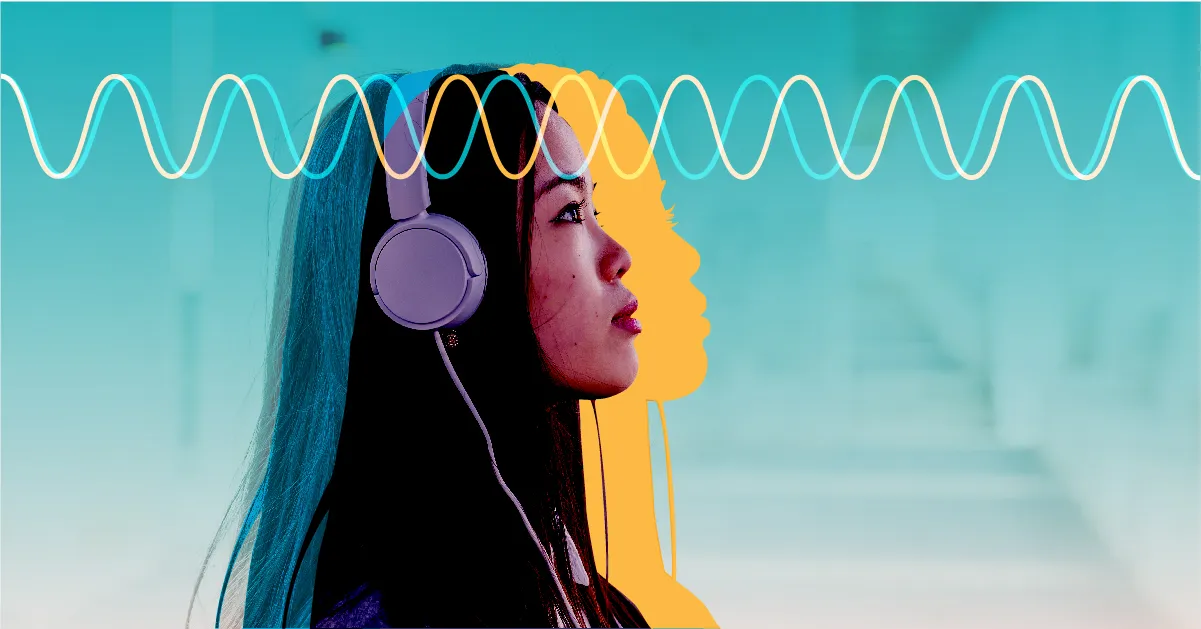
Binaural beats are an auditory illusion created when two slightly different sound frequencies are played in each ear through headphones. Your brain perceives the difference between these frequencies as a third tone—the “binaural beat.” This phenomenon can influence brainwave activity, promoting relaxation, focus, or even deeper sleep, depending on the frequency used.
Types of Brainwaves Binaural Beats Can Target
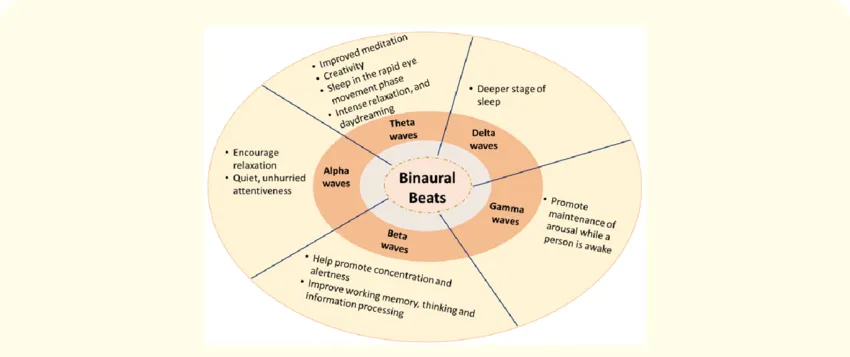
Credit: www.researchgate.net
Different frequencies of binaural beats correspond to various brainwave states:
- Delta (1-4 Hz): Deep sleep and restoration
- Theta (4-8 Hz): Light sleep and meditation
- Alpha (8-14 Hz): Relaxation and creativity
- Beta (14-30 Hz): Alertness and active thinking
Benefits of Binaural Beats for Sleep
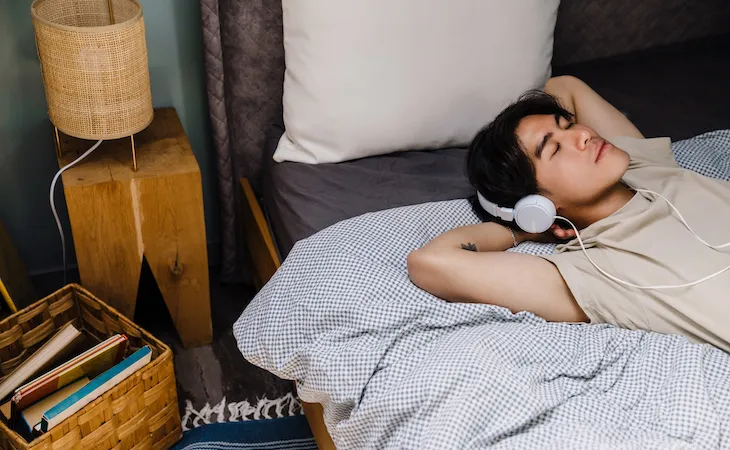
Credit: www.saatva.com
Binaural beats have garnered attention for their potential to improve sleep quality. Here are some of their notable benefits:
Increased Focus
While primarily used for relaxation, binaural beats can also improve daytime focus, offering a dual benefit for those juggling busy schedules.
Improved Sleep Quality
Research shows that binaural beats can reduce the time it takes to fall asleep and increase total sleep duration.
➔ Check out sleep headphones on Amazon to enhance your binaural beats experience.
Reduced Anxiety and Stress
Binaural beats can calm the mind, making it easier to drift off by alleviating stress and anxiety.
Enhanced Relaxation
Listening to binaural beats in the delta or theta range can induce a deeply relaxed state conducive to better sleep.
Potential Side Effects of Binaural Beats

Credit: www.drplus.com.sg
While generally safe, some individuals may experience minor side effects:
Headaches: High volumes or prolonged listening can lead to headaches.
➔ Consider noise-canceling headphones like these Amazon top-rated options to ensure a comfortable experience.
Dizziness: Some people sensitive to auditory stimuli may feel lightheaded.
Difficulty Concentrating: Overstimulating frequencies might interfere with focus for certain individuals.
If you experience any adverse effects, discontinue use and consult a healthcare professional.
How to Use Binaural Beats for Sleep
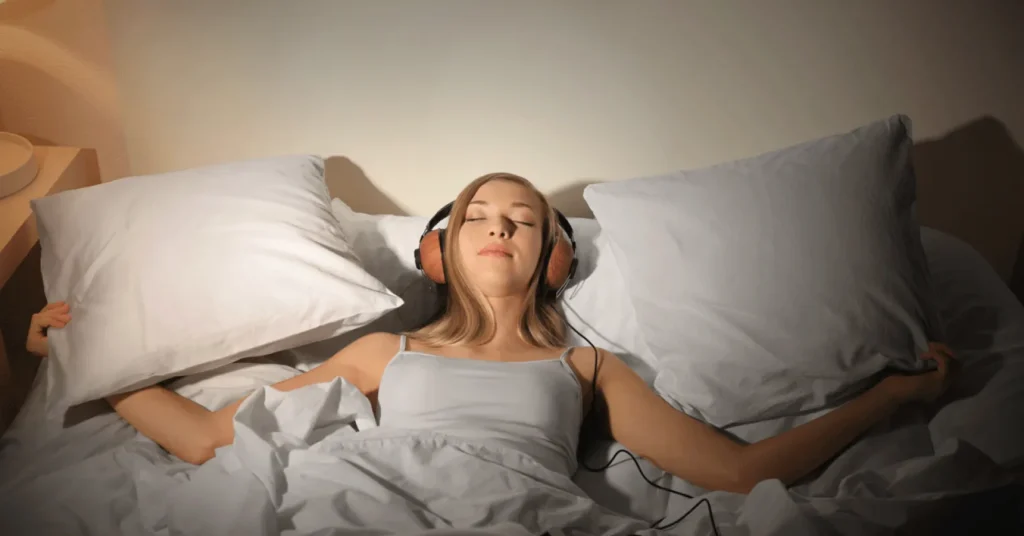
Credit: www.psychologytoday.com
To use binaural beats for sleep, you can use headphones or speakers to listen to audio recordings of binaural beats. It is recommended to start with low volumes and gradually increase the volume as needed. You can also experiment with different frequencies to find what works best for you.
Tips for Using Binaural Beats:
Here’s a step-by-step guide to making the most of binaural beats:
1. Choose the Right Frequency
Opt for delta (1-4 Hz) or theta (4-8 Hz) frequencies to mimic the brainwaves associated with deep relaxation and sleep.
2. Pick the Right Platform or App
Apps like Brain.fm, Spotify, or Calm offer high-quality binaural beats.
➔ Enhance your experience with this highly-rated sleep audio device.
3. Listen 30 Minutes Before Bedtime
Start listening 20-30 minutes before sleep. Create a calming environment with dim lighting to fully relax.
4. Use Quality Headphones
Headphones are essential for binaural beats, as each ear must receive a distinct frequency.
5. Experiment with Duration and Consistency
Begin with short sessions (10-20 minutes) and gradually extend them as you feel comfortable. Daily use can yield better long-term results.
Conclusion
Binaural beats can be a valuable tool for improving sleep quality, reducing stress, and promoting relaxation. However, they’re not a one-size-fits-all solution. Experimenting with different frequencies and maintaining consistency can help you discover what works best for your sleep needs.
For those struggling with chronic sleep issues, professional guidance remains essential. But for a simple, accessible, and potentially transformative sleep aid, binaural beats are worth exploring.





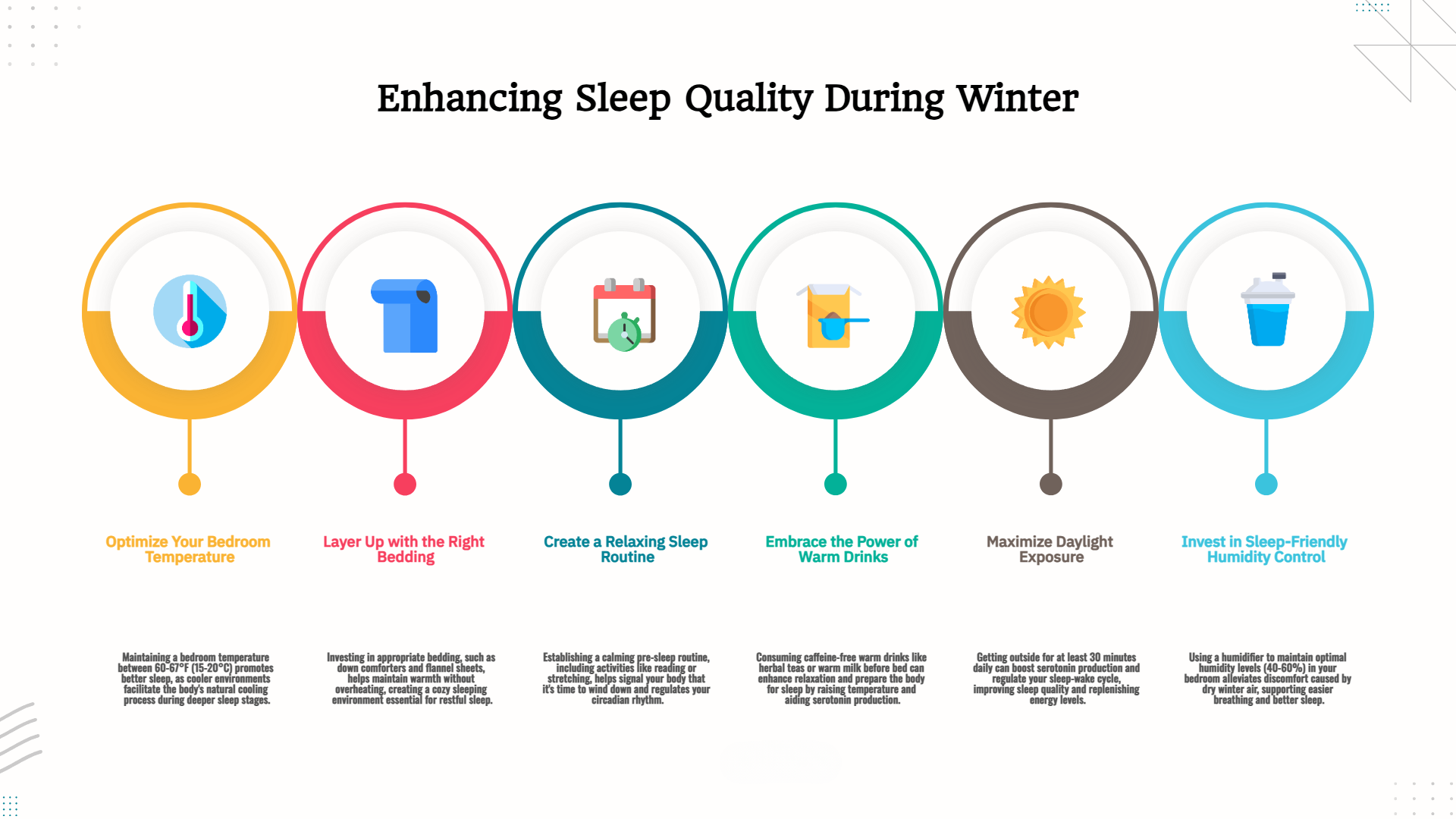










1 thought on “Binaural Beats for Sleep: Benefits and Side Effects”
Comments are closed.